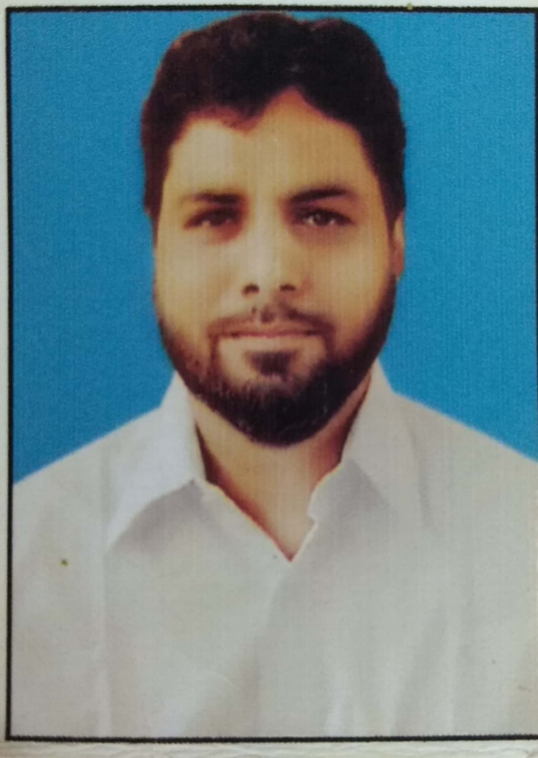By Amit Kumar, TwoCircles.net
Jalgaon: Mohammed Anees, a resident of Jalgaon, picked up his phone, only to apologize. “Can I call you after Namaz?” he asked.
“It has been an interesting day,” said Anees when he called back. “We are thankful to Allah for today,” he added.
Mohammed Anees is a cousin of Asif Bashir Khan, one of the five people who received death sentence in the July 7 terror blasts case in Mumbai, which killed over 180 people and injured over 800. Asif, then a 32-year-old civil engineer, was picked from his Mira Road residence.
In 2015, Asif was convicted of housing and harbouring Pakistani terrorists at his Mira Road residence; procuring rexine bags, utensils, ammonium nitrate, detonators and helping assemble bombs in Mohammed Ali’s (another accused) house, along with planting the bomb which exploded in Borivali station.
But why are we talking about a judgment from 2015?
Anees explains, “Before 2006, there were two cases against Asif. One was under Section 153-A of the Indian Penal Code from 1999 for a Students Islamic Movement of India (SIMI, then not banned) poster on Babri Masjid, while the other case was under Section 120-B of the Indian Penal Code from 2001 over his alleged involvement with some Jalgaon youth joining militancy in Kashmir in the late 90s.
“He was acquitted from the SIMI case in 2014 by a sessions court and today on July 13, 2020, the Aurangabad Bench of the Bombay High Court, he was acquitted from the other case under Section 120-B,” he adds.
It is important to add here that in the case related to Section 120-B, Asif was sentenced to 10 years’ prison by the sessions court in 2017, which he had served anyway due to the 7/11 case so technically, he had paid for his ‘crime’.
But according to Anees, that was not the point. “We wanted to show that he was not guilty, to begin with, and today the court agreed,” he added.
“Today, the HC vindicated our stand,” he said.
The larger ramifications of this case are huge, said Wahid Shaikh, a former accused in the 7/11 case who has since gone on to become a legal expert after he was acquitted of all charges from the 7/11 case.
Speaking with TwoCircles.net, Shaikh, who has also authored a book called Begunah Qaidi (The Innocent Prisoner), said, “To apply MCOCA in any case, there should be at least two charge sheets against one of the accused in the past 10 years prior to the commission of the crime for which s/he has been arrested. Asif had two aforementioned cases. While there were cases against other members too, the state of Maharashtra used the cases against Asif to bring the matter in a MCOCA court, which in 2015 sentenced five people to death and a further seven to life imprisonment.”
In its order (page 1,831 of the judgment), the MCOCA court had said that the five accused were convicted “under section 235(2) of the Code of Criminal Procedure, 1973 for having committed: (i) the offence punishable under section 302 read with section 120B of the Indian Penal Code, 1860…They shall be hanged by their necks till they are dead.”
But now, with the case under Section 120b set aside by Bombay HC, Shaikh says there is hope for the accused. “In our appeal to the Bombay HC, we will attach the copies of the acquittal and ask them to review the death sentence in light of the same. As far as I know, the 2014 acquittal from the SIMI case was never challenged by the State of Maharashtra. Today’s order again shows that the two previous cases were just used by the police for their advantage,” he added.
Anees might be happy at today’s judgment but is aware that little will change in the lives of Asif and his family. “He has been in jail for 14 years and I haven’t seen him since 2015. His appeal against the death sentence has been pending for more than three years but it has not been picked up. We hope that in light of the recent turn of events, the matter comes up for hearing and we get justice as soon as possible. The case has been further delayed because of lockdown and a few other administrative issues,” he added.
Asif’s wife and three children continue to live in Jalgaon, where they moved back after his arrest in Mumbai.
Shaikh says he has always found the case against Asif sketchy. “What kind of a person, who is alleged to shelter terrorists, stays in a house and submits original documents?” he asks. “I hope that the Bombay HC pays attention to this case and delivers justice. These people have already suffered a lot in their lives,” he adds.


